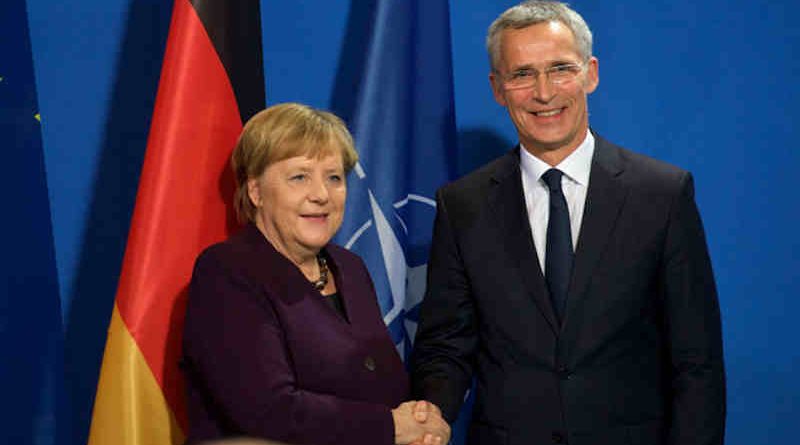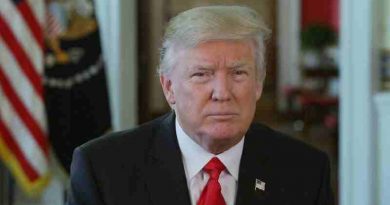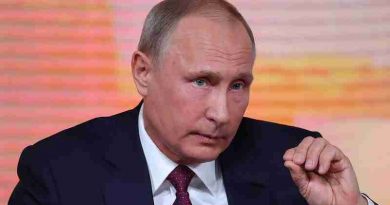Germany Expects EU to Take Action on Russia in Navalny Poisoning Case

By RMN News Service
Germany and its European Union (EU) partners are expected to issue a joint response to the poisoning in Russia of Kremlin critic Alexei Navalny, German Foreign Minister Heiko Maas said today (October 7).
Maas added that it is a serious violation of civic rights committed with a chemical nerve agent, and we firmly believe that this cannot remain without consequence. According to Reuters, Germany and its EU partners are planning a joint response to get the investigation launched into this case.
The European Parliament had passed a resolution on September 17 to condemn the attempt to assassinate Navalny, who is a prominent Russian opposition politician and anti-corruption activist.
The resolution text notes that the poison used, belonging to the “Novichok group”, can only be developed in state-owned military laboratories and cannot be acquired by private individuals, which strongly implies that Russian authorities were behind the attack.
The Members of European Parliament (MEPs) underline that the attempted assassination of Navalny was part of a systemic effort to silence dissident voices in Russia, in particular with a view to influencing Russia’s local and regional by-elections on 11-13 September.
NATO Secretary General Jens Stoltenberg has also said that there is proof beyond doubt that Navalny was poisoned using a military-grade nerve agent from the “Novichok group.”
All NATO Allies have condemned the attack and called on Russia to cooperate with the Organisation for the Prohibition of Chemical Weapons (OPCW) on an impartial, international investigation.
The NATO Secretary General stressed that the attack on Navalny is also an attack on fundamental democratic rights and a serious breach of international law, which demands an international response.
Navalny – a fierce critic of Russian President Vladimir Putin and founder of Moscow-based Anti-Corruption Foundation – was taken to Germany for treatment in August from the Siberian city of Omsk where doctors had kept him in a state of artificial coma. The German hospital treating him has said that tests indicate he was poisoned.
The European Parliament resolution asserts that the Navalny case is only one element of a wider Russian policy focusing on oppressive internal policies and aggressive actions worldwide.
The resolution asks for an international investigation into Navalny’s case and the alleged breaches of Russia’s international commitments in the area of chemical weapons to be launched immediately, while urging the Russian authorities to fully cooperate with such an inquiry and to hold those responsible to account.
It also calls on EU member states to take an active stance on the matter such as swiftly putting in place ambitious restrictive EU measures vis-à-vis Russia and strengthening already existing ones.
The text urges the deployment of sanction mechanisms that would allow the European assets of corrupt individuals to be collected and frozen in accordance with the findings of Alexei Navalny’s Anti-Corruption Foundation.






